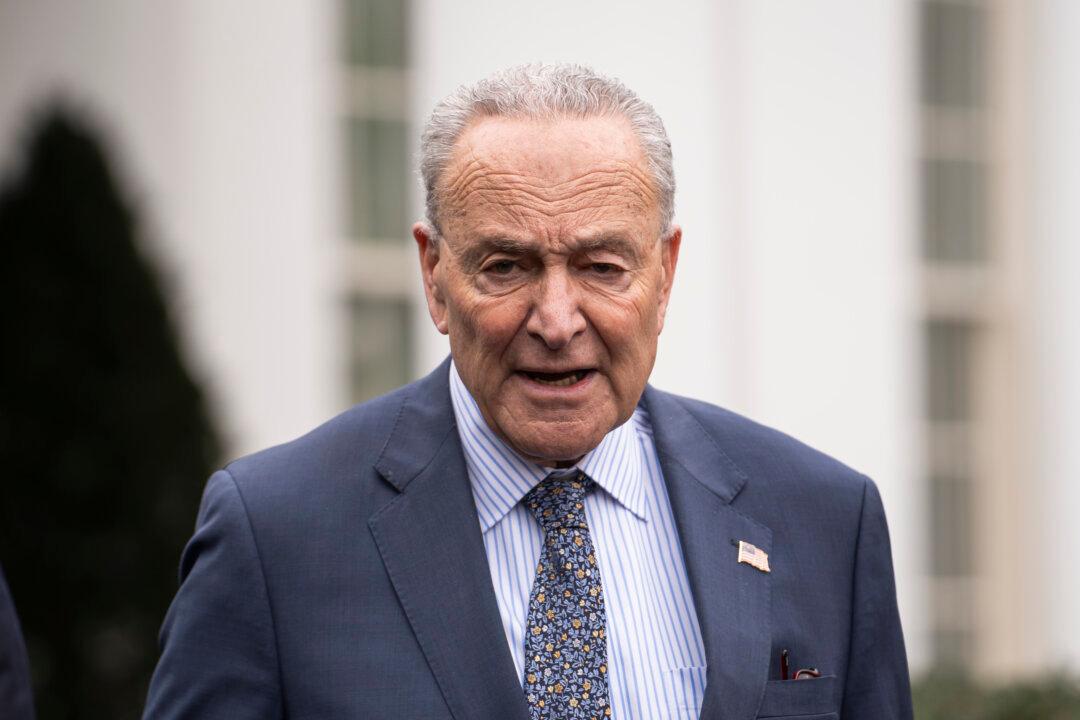Senate Majority Leader Chuck Schumer (D-N.Y.) remained noncommittal about bringing legislation against TikTok to a vote, but he did say that the Senate will review the House-passed bill that would compel its Chinese owner to sell the app or face a ban in the United States.
On March 13 the Protecting Americans from Foreign Adversary Controlled Applications Act passed the House by an overwhelming vote of 352–65 with what appeared to be good momentum among a bipartisan group of lawmakers.





